Estimated reading time: 8 minutes
Is your dog panting and restless when the night falls? This behavior can signal anything from anxiety to underlying health issues. We’ll guide you through potential causes and what steps you can take to ease your furry friend’s discomfort.
Key Takeaways
- Dogs pant and act restless at night for many reasons, including heart disease, respiratory problems, anxiety, cognitive dysfunction in older dogs, anemia, Cushing’s Disease, or pain.
- Nighttime panting can be serious. Blue gums or trouble breathing are signs to see a vet right away. Catch issues early for the best care for your pet.
- Help your dog calm down at night by keeping their space quiet and comfy. Regular check-ups with the vet can catch any health problems before they get worse.
- If your dog’s restlessness and panting don’t stop or seem odd to you, talk to a vet as soon as possible. Some signs might mean your pet needs urgent help.
- Daily exercise helps lower energy levels that may cause nighttime restlessness in dogs. Calming products like pheromone diffusers or soothing music can also ease stress at bedtime.
Reasons Why Your Dog May Be Panting and Restless at Night
Heart Disease
Heart disease in dogs often leads to panting, especially at night. Dogs with heart problems may pant heavily and cough because their hearts can’t pump blood well. This makes it hard for them to get enough oxygen.
Large dog breeds might suffer from dilated cardiomyopathy, a big reason for heart failure. If you see your dog panting and restless, this could be why.
A vet can check if your dog has heart disease using tests and exams. They will listen to the dog’s chest and look for signs of trouble. Treatment options depend on how severe the problem is, but they could help make your dog feel better.
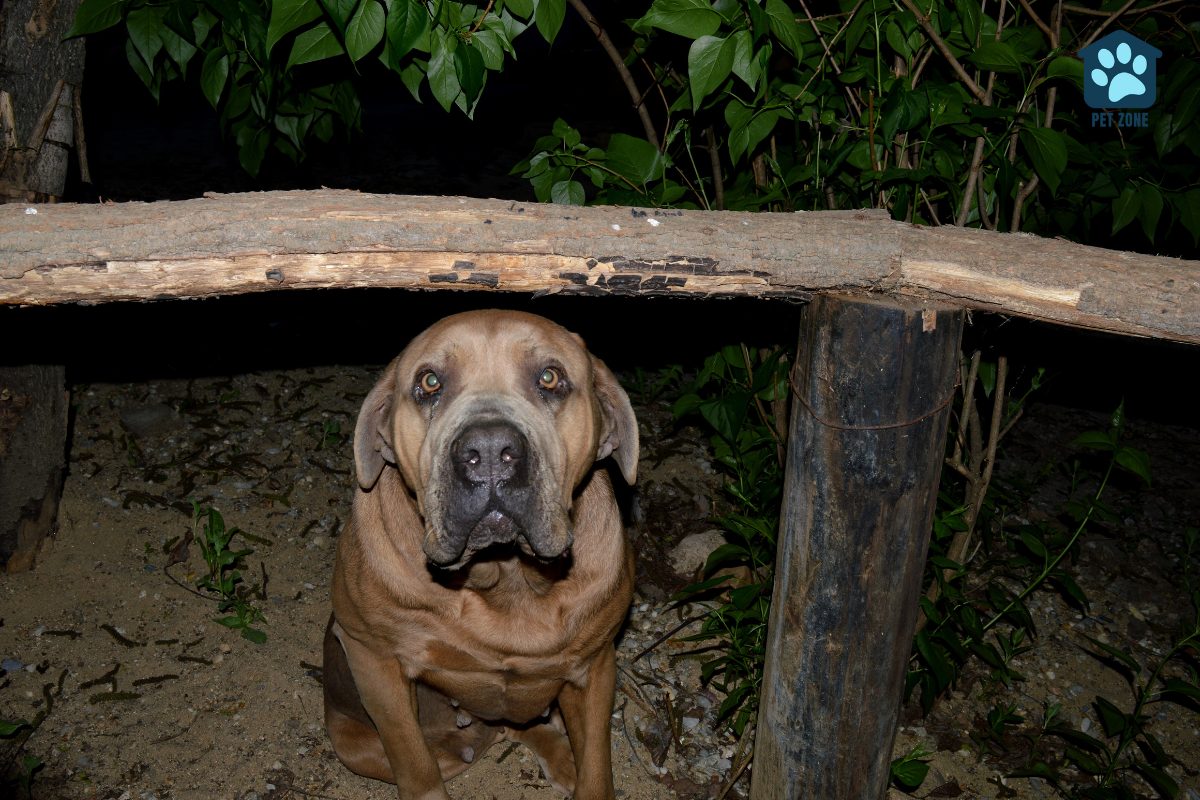
Respiratory Illness
Respiratory illness in dogs can cause them to pant heavily or struggle to breathe. This trouble breathing can make your dog very uncomfortable, especially at night. If your dog has a respiratory condition like chronic bronchitis or pneumonia, they might cough and pant more than usual.
Some signs of a serious problem include blue gums, fast breathing while resting, and noisy breaths. Keep an eye on how your dog sleeps. If they’re trying to sit up or stretch their neck out to breathe easier, it’s time to see the vet.
Anxiety and Fear
Anxiety and fear can make your dog pant and act restless, especially at night. Loud noises like thunderstorms or fireworks often scare dogs. They might also feel stressed if they’re alone or sense changes in their home.
When dogs are anxious, they may show it with heavy breathing as part of a fight or flight response. This is common for dogs who deal with separation anxiety.
If you notice your dog panting and unable to settle down, think about what might be scaring them. Provide a safe space where they feel secure – this might be a cozy corner or even under furniture where they can hide away from whatever’s worrying them.
Keeping routines consistent helps calm nervous pets too; try sticking to regular feeding and walk times. Remember that your support matters; stay calm so your dog feels reassured by your presence.
Canine Cognitive Dysfunction
Canine Cognitive Dysfunction, or dog dementia, is a common cause of older dogs panting at night. Dogs affected by this condition often experience disturbed sleep-wake cycles and may exhibit excessive panting and restlessness, especially during nighttime.
If you notice your senior dog displaying signs of cognitive decline such as excessive panting, pacing, or potbelly development at night, it could be indicative of Canine Cognitive Dysfunction.
Moreover, if your older dog shows increased thirst at night along with the symptoms above, it might indicate this condition.
Anemia
Anemia, a condition where there’s a reduced number of red blood cells in your dog’s body, can lead to nighttime panting and restlessness. It may also cause energy loss, weakness, and appetite changes.
Anemia results in oxygen deprivation for dogs, leading them to pant more as they try to compensate for the lack of oxygen. Immune-mediated hemolytic anemia (IMHA), common among dogs, occurs when the immune system attacks red blood cells.
Factors such as ticks or fleas could contribute to anemia in dogs alongside other underlying health conditions.
Cushing’s Disease
Cushing’s Disease in dogs causes excessive panting, restlessness, and anxiety. This condition results from an overproduction of cortisol, leading to various physical and behavioral symptoms.
Muscle weakness due to Cushing’s Disease can increase nighttime panting in dogs. It is crucial to recognize the signs early on for timely detection and proper treatment.
If your dog exhibits symptoms like excessive panting at night or increased restlessness, it’s essential to consider the possibility of Cushing’s Disease. Monitoring for such signs along with consulting a vet can help in prompt diagnosis and management of this condition for your pet’s well-being.
Acute or Chronic Pain
Chronic pain, like heart failure or Cushing’s syndrome, can cause your dog to pant heavily and act restless at night. Excessive panting in dogs is often linked to chronic pain. Addressing the root of the problem is crucial for your pet’s well-being, especially if it is related to chronic pain.
It’s important to understand that excessive panting in dogs can be a sign of acute or chronic discomfort. It indicates that something may be bothering them physically, and addressing this promptly is essential for their overall health and quality of life.
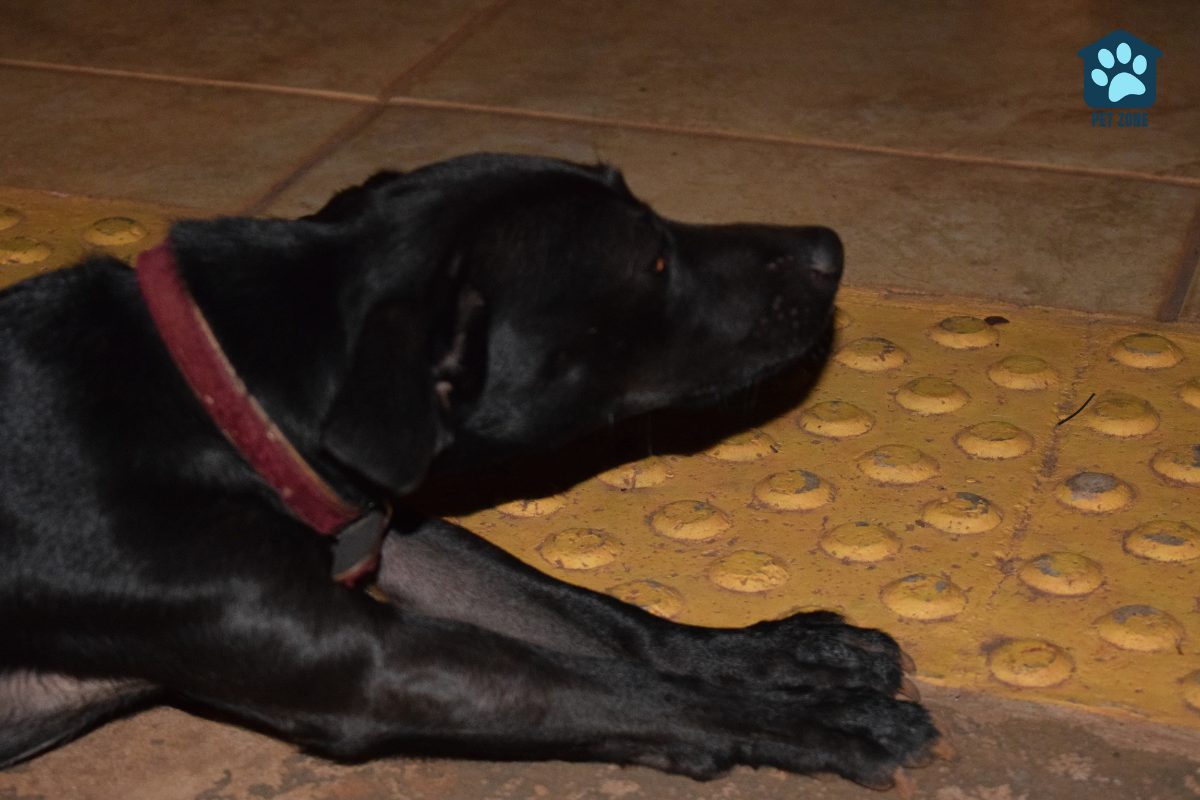
What to Do If Your Dog is Panting and Restless at Night
If your dog is panting and restless at night, consider the following actions to help address the issue:
- Create a calm environment by providing a comfortable and familiar sleeping space for your dog, away from noise and disturbances.
- Offer gentle reassurance and soothing physical contact to help alleviate anxiety or fear that may be causing restlessness.
- Ensure regular exercise during the day to reduce pent-up energy that can contribute to nighttime restlessness.
- Use calming aids such as pheromone diffusers or specially designed music to promote relaxation in your dog’s environment.
- Schedule regular veterinary check-ups to monitor your dog’s health and address any underlying medical conditions contributing to nighttime panting and restlessness.
- Implement positive behavior training techniques to address any anxiety-related issues contributing to the restlessness.
- Consider consulting with a professional dog behaviorist or trainer for specialized guidance on addressing nighttime restlessness in your dog.
When to Consult a Vet about Your Dog’s Nighttime Panting and Restlessness
If your dog is panting heavily and restlessly at night, it may indicate an underlying health issue. Panting could be a warning sign of respiratory disease, heart disease, or heatstroke in dogs.
Heavy panting, restlessness, or shaking at night might signal a more serious problem and should prompt a vet visit. Consult a vet if your dog won’t stop panting and seems restless at night; it’s important to address potential health concerns promptly and ensure your pet’s well-being.
Remember that nighttime panting in dogs can sometimes be indicative of an emergency situation such as gastric dilatation and volvulus. Keeping an eye on changes in your dog’s behavior can help identify possible health issues early on.
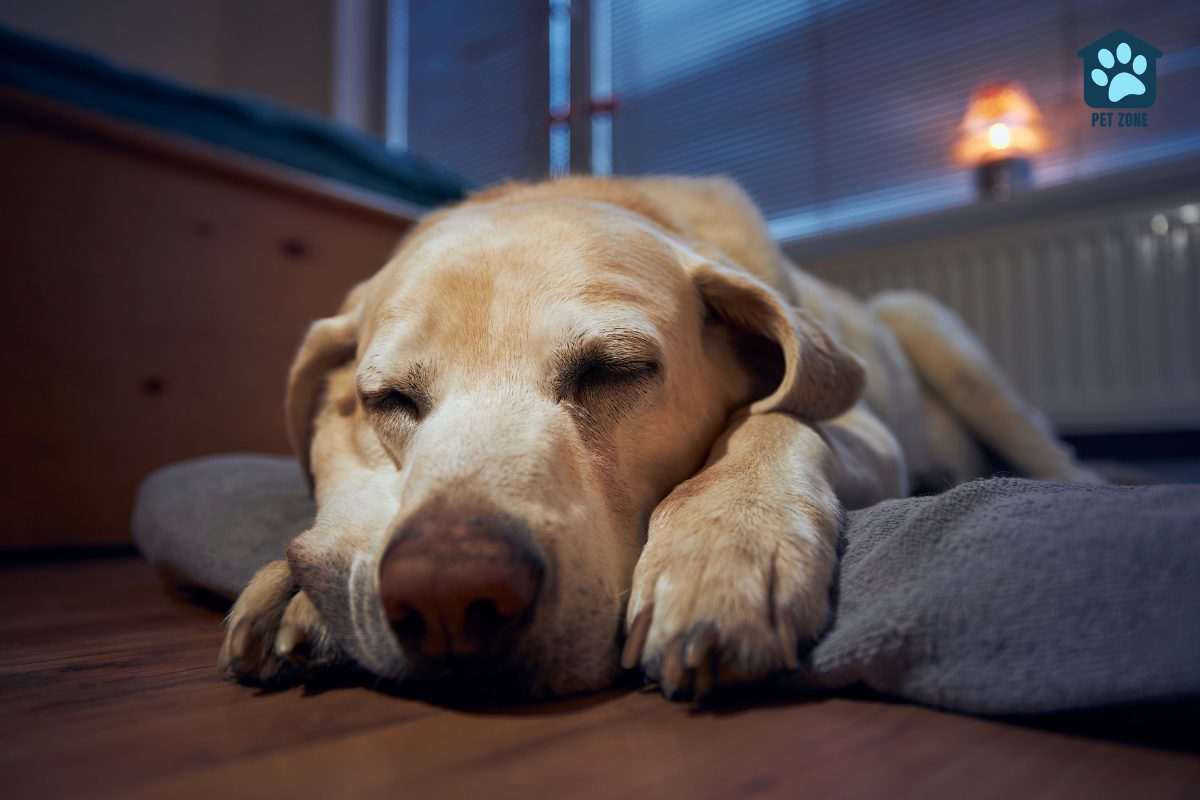
Conclusion
In conclusion, understanding the reasons behind your dog’s restlessness and panting at night is key to providing proper care. Heart disease, respiratory illness, anxiety, and pain are common culprits.
Prompt veterinary consultation is crucial for accurate diagnosis and tailored treatment. With proper attention and care, you can help your dog feel more comfortable at night.
Frequently Asked Questions
Your dog might be panting and restless at night for several reasons, like feeling hot, anxiety, or pain. Sometimes it’s normal, but if your dog is doing it a lot, you should check with a vet.
Yes! If the house is too warm at night when it is cooler outside, your dog may start to pant because they’re trying to cool down.
Common causes include heatstroke, anxiety at night, or medical issues like Cushing’s disease. Also, watch out for excessive coughing along with the panting.
If your older buddy starts breathing heavily after walking or seems too tired and pants a lot during the night, you may want to see a vet right away—it could be a sign of something serious.
Create a comfy spot for your pet where they can relax—make sure they’re cool enough and have water ready. If they seem scared or anxious, extra cuddles might help!
You know your pup best—if their behavior changes suddenly or if that heavy breathing comes with other weird signs like not wanting food or water—and especially if this isn’t usual for them—you’ll want to call up your vet.
As an Amazon Associate I earn from qualifying purchases.
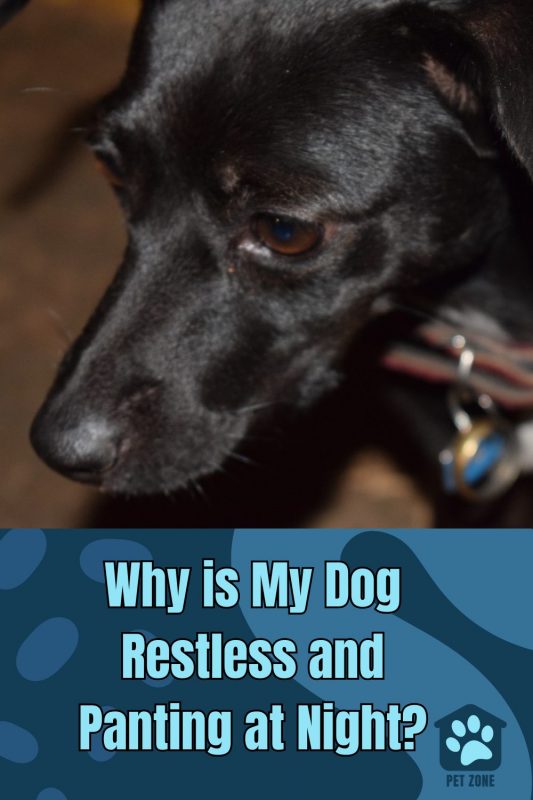


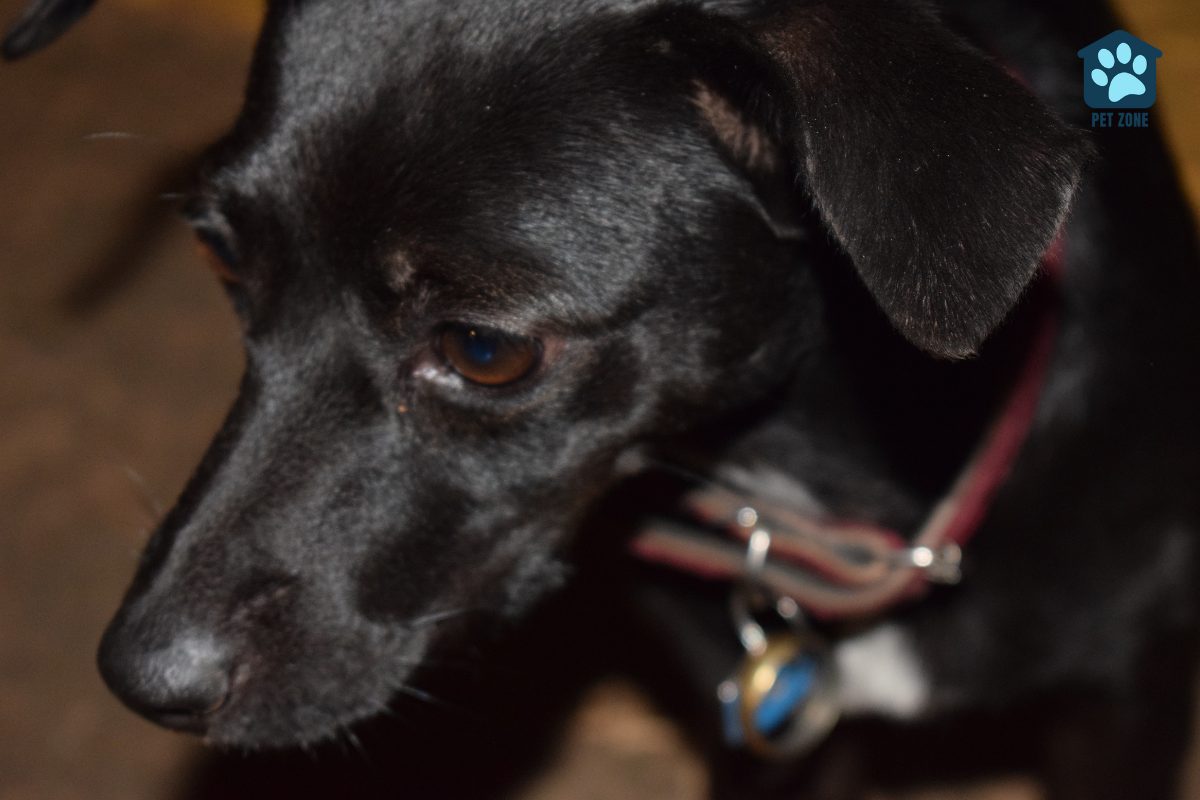
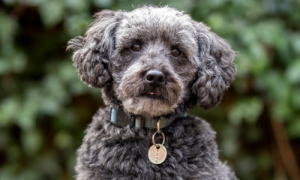
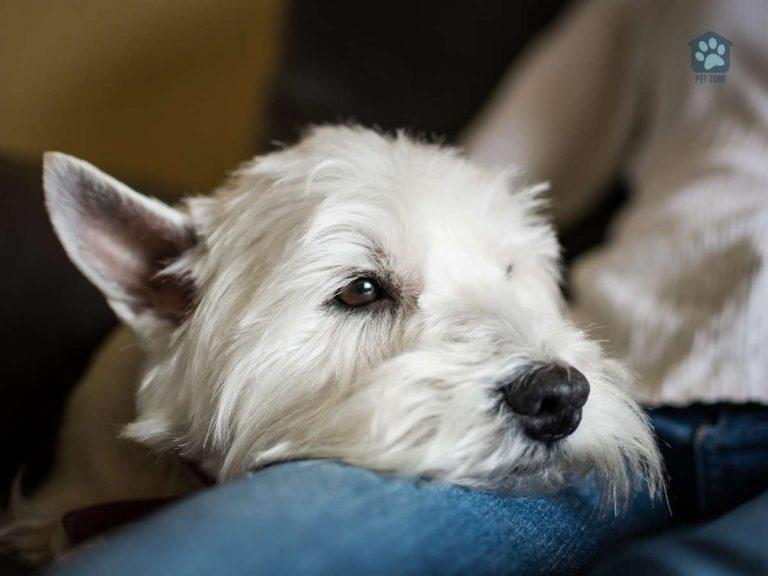
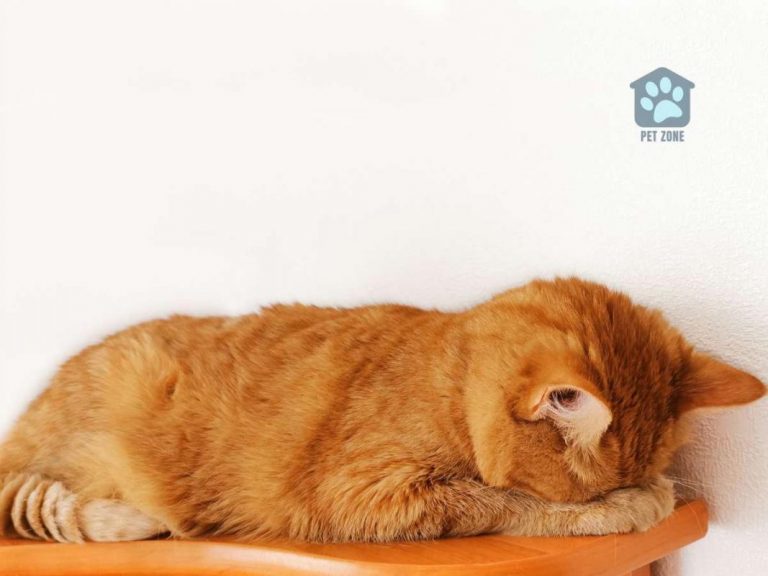
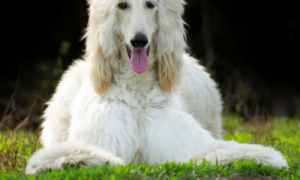
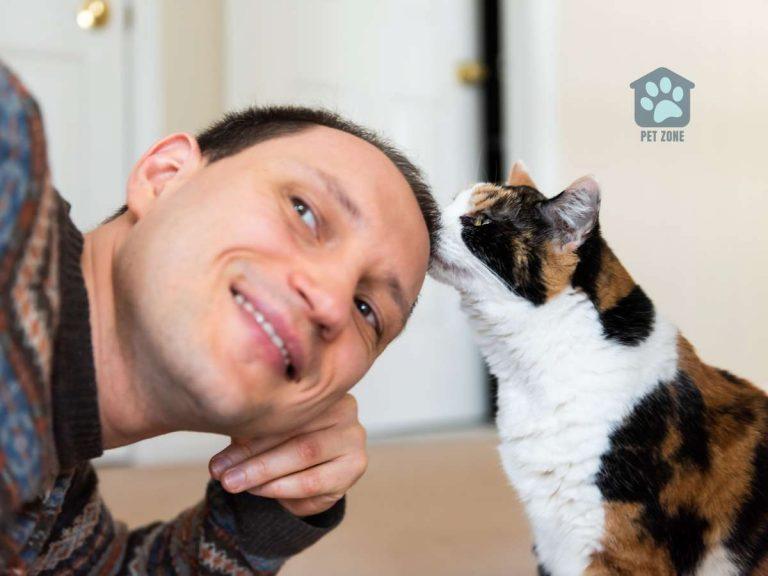
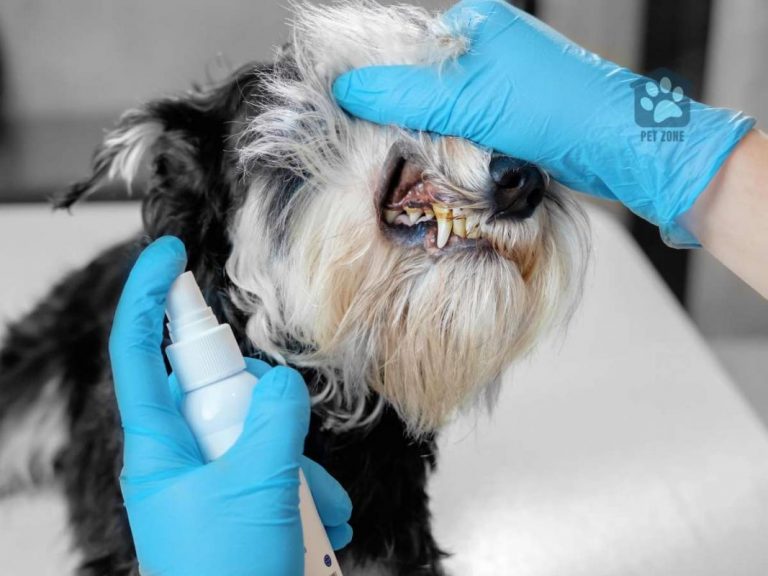
This is so helpful and important! I had no idea there were so many possible reasons for restlessness. I’m glad I’m more informed now.
Thanks for sharing about pets at night. My Bichon is sometimes up and roaming at night. I know the breed suffers from anxiety but I will be on the look out for other things you mentioned.